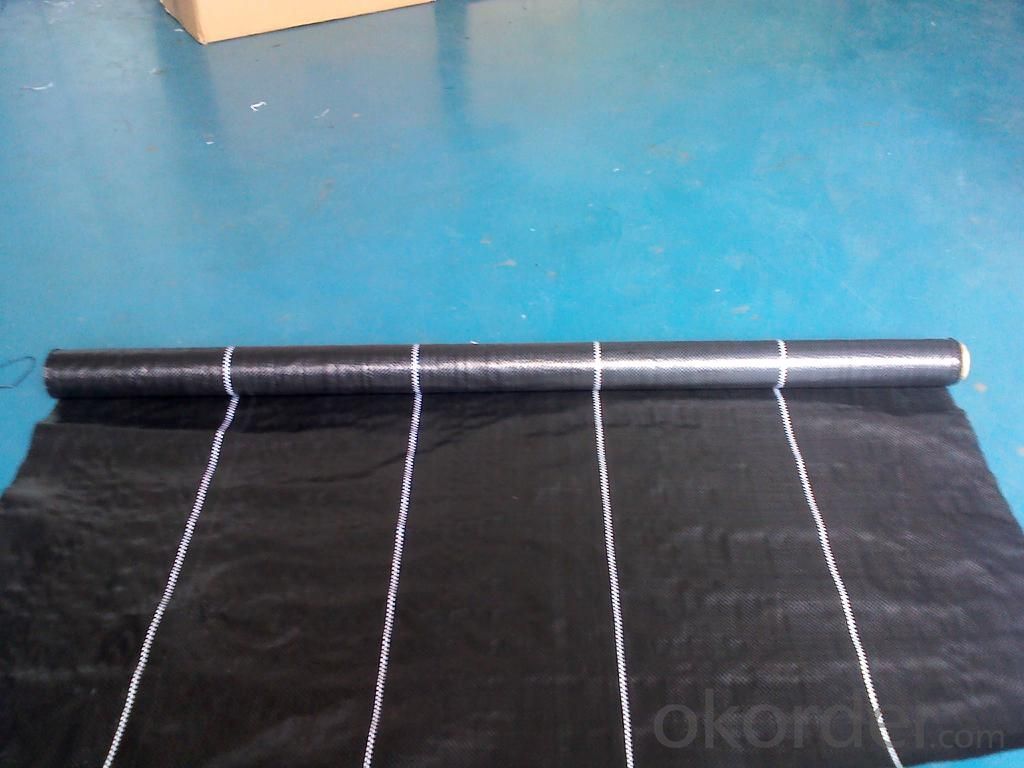- Understanding the Role of Geomembrane Liners in Waste Management
- Innovations in Geomembrane Liners for Water Management
- Geomembrane Liners: A Comprehensive Guide
- The Future of Geomembrane Liners in Civil Engineering
- Geomembrane Liners: Enhancing Landfill Stability
Manager:
WhatsApp:+86 177 0135 2670
Tel:+86 177 0135 2670
Email:marketing@okorder.com
Address:3rd Floor, No.2 Building, No.1 Sanlihe Road
HDPE Geomembranes: The Ideal Choice for Chemical Containment
hdpe Geomembranes: The Ideal Choice for Chemical Containment

Chemical containment is a critical aspect of various industries, including mining, waste management, and water treatment. The need for a reliable and durable solution to prevent chemical leakage and protect the environment is paramount. HDPE geomembranes have emerged as the ideal choice for chemical containment due to their exceptional properties. In this article, we will explore the benefits of HDPE geomembranes, their applications, and why they are the best option for chemical containment.
The Science Behind HDPE Geomembranes
Before we dive into the advantages of HDPE geomembranes, let's understand what they are. High-Density Polyethylene (HDPE) is a type of plastic that is highly resistant to chemicals, UV radiation, and temperature changes. It is a versatile material that can be molded into various shapes and sizes, making it perfect for creating geomembranes. These geomembranes are thin layers of HDPE that act as a barrier to prevent the leakage of chemicals and other hazardous substances.
Why Choose HDPE Geomembranes?
There are several reasons why HDPE geomembranes are the go-to option for chemical containment. Let's break it down:
1. Chemical Resistance: HDPE is known for its resistance to a wide range of chemicals, making it an excellent choice for industries dealing with corrosive substances. This resistance ensures that the geomembrane does not degrade or break down when in contact with chemicals.
2. Durability: HDPE geomembranes are incredibly durable and can last for decades, reducing the need for frequent replacements and maintenance. This longevity is a significant advantage for long-term projects.
3. UV Resistance: Exposure to sunlight can cause damage to many materials, but HDPE geomembranes are designed to withstand UV radiation, ensuring they remain effective even in outdoor applications.
4. Temperature Tolerance: HDPE can handle a broad temperature range, from -60°C to 80°C, making it suitable for various climates and applications.
5. Low Permeability: HDPE geomembranes have a low permeability rate, which means they prevent the passage of liquids and gases, providing an effective barrier against chemical leakage.
6. Ease of Installation: Unlike some other materials, HDPE geomembranes are relatively easy to install. They can be cut and shaped to fit specific project requirements, and they require minimal maintenance once in place.
7. Environmental Benefits: HDPE is a non-toxic material that does not leach harmful substances into the environment. This eco-friendliness is a significant advantage for projects that prioritize sustainability.
Applications of HDPE Geomembranes
HDPE geomembranes are not just a one-trick pony; they have a wide range of applications across different industries. Here are some examples:
- Waste Management: In landfills and waste containment facilities, HDPE geomembranes prevent the leakage of hazardous waste and protect groundwater from contamination.
- Mining: The mining industry uses HDPE geomembranes to line tailings ponds and store process water, ensuring that chemicals and heavy metals do not enter the environment.
- Agriculture: Farmers use HDPE liners for reservoirs and irrigation systems to prevent water loss and maintain water quality.
- Water Treatment: In water treatment plants, HDPE geomembranes are used to line tanks and ponds, preventing the escape of treated water and contaminants.
- Construction: HDPE geomembranes are used in construction projects to create waterproof barriers in basements and other structures, protecting against water damage and seepage.
The Future of HDPE Geomembranes
As industries become more environmentally conscious and regulations tighten, the demand for HDPE geomembranes is only set to increase. With ongoing advancements in material science, we can expect to see improvements in the strength, flexibility, and lifespan of these geomembranes. This evolution will further solidify their position as the premier choice for chemical containment.
Conclusion
In conclusion, HDPE geomembranes offer a robust solution for chemical containment, with their unmatched chemical resistance, durability, and environmental benefits. Whether you're in the mining sector, waste management, or water treatment, these geomembranes provide a reliable barrier against chemical leakage and environmental harm. As we move towards a more sustainable future, HDPE geomembranes will continue to play a crucial role in protecting our planet and ensuring the safety of our ecosystems.
- Previous:The Durability of HDPE Geomembranes in Harsh Environments
- Next:HDPE Geomembranes: A Cost-Effective Choice for Civil Engineering






